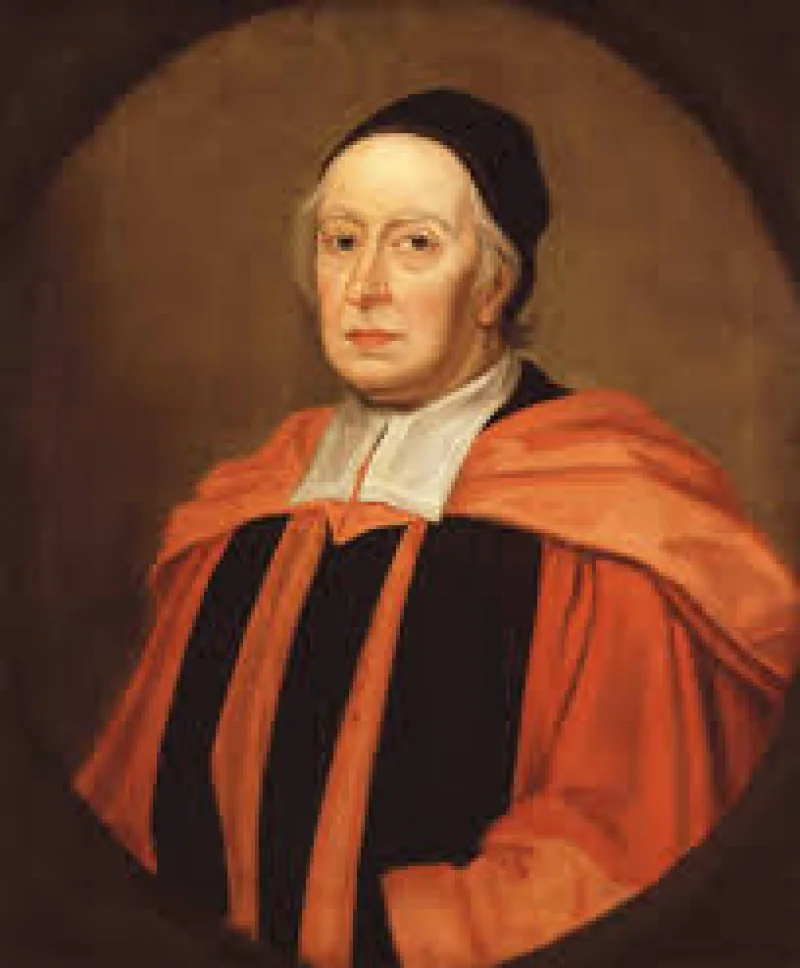Short Summary
Henry Cavendish was an eminent British natural philosopher, chemist, and physicist, most renowned for his discovery of hydrogen, which he termed "inflammable air." His meticulous experiments and innovative methods significantly advanced the understanding of gases and electricity. Despite his reclusive nature, which kept much of his work unpublished during his lifetime, Cavendish's contributions to science laid foundational knowledge that would be built upon by future generations, securing his place as one of the key figures in the scientific revolution of the 18th century.
Early Life & Education
Born on October 10, 1731, in Nice, which was then part of the Kingdom of Sardinia, Henry Cavendish came from the illustrious Cavendish family, known for its political influence and wealth. His father, Lord Charles Cavendish, was a distinguished member of the Royal Society, which likely fostered Henry’s early interest in science. He was educated at the prestigious Hackney Academy in London, where he excelled in mathematics and the sciences. He later attended Peterhouse, Cambridge, though he left without earning a degree. This formative period was crucial in shaping his methodical and analytical approach to scientific inquiry.
Career Highlights
Cavendish's career was marked by groundbreaking experiments and meticulous research. In 1766, he published a paper detailing the properties of hydrogen, identifying it as a distinct substance. He conducted pioneering investigations into the density of the Earth, commonly known as the Cavendish Experiment, which was pivotal in determining the Earth’s mass. His extensive study of electricity predated the work of later scientists like James Clerk Maxwell. Cavendish often worked in seclusion, with much of his research remaining unpublished until after his death, when James Clerk Maxwell compiled and published his electrical experiments.
Major Achievements
- Discovered hydrogen, which he called "inflammable air," recognizing it as a distinct element.
- Conducted the Cavendish Experiment to measure the Earth's density, providing a basis for calculating gravitational constant.
- Made significant advancements in the study of electricity, laying groundwork for future research.
Famous Quotes
- "The rise in temperature is proportional to the square of the current." (Related to his electrical studies)
Interesting Facts
- Cavendish was known for his extreme shyness and lived a reclusive life, avoiding most social interactions.
- He inherited a vast fortune but lived frugally, dedicating most of his resources to scientific pursuits.
- Despite his significant contributions, much of his work was not recognized until after his death.
Legacy / Influence
Henry Cavendish's work had a profound impact on the scientific community, particularly in the fields of chemistry and physics. His discovery of hydrogen and his research into the properties of gases were crucial in the development of modern chemistry. The Cavendish Experiment provided foundational knowledge for the study of gravity and Earth's density. His meticulous methods set a standard for precision in experimental science, influencing subsequent generations of scientists.
FAQ
Q: Why is Henry Cavendish famous?
A: Because of his discovery of hydrogen and his pioneering work in chemistry and physics.
Q: What was the Cavendish Experiment?
A: It was an experiment to determine the Earth's density and helped calculate the gravitational constant.
Q: Did Cavendish publish his works during his lifetime?
A: Many of his works were unpublished during his lifetime and were compiled posthumously by other scientists.










